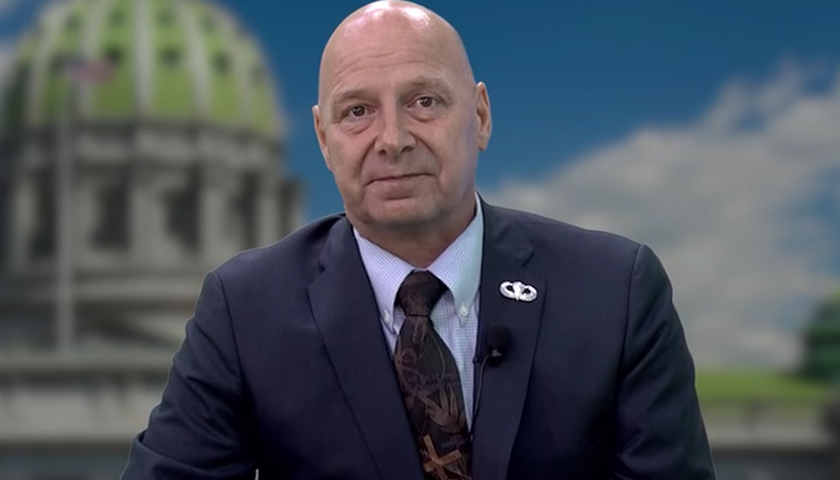It has become to common to even track effectively. Here's an example from Milwaukee. From Missouri, we get one of several stories about a teacher resigning after being told to take down a pride flag. And for what it's worth, there's plenty of fighting over rainbow flags outside of schools as well.
The argument against Pride flags in classrooms generally boils down to a schoolwide ban on political statements, and the fact that this is considered a reasonable argument is one more sign that we have allowed almost everything to become politicized.
Politicizing everything means treating issues, concerns, problems, etc as props in a wrestling match for power. Politicizing everything results in the moment when someone discovers a fire in the building and thinks, "How can I use this to score an advantage for my team," as well as the moment when someone runs into the office hollering that the building is on fire, and the reaction is, "I wonder what they're trying to get out of making this claim." Everybody is thinking about angles, and nobody is grabbing a fire extinguisher.
In a country that is increasingly performative, this is increasingly a problem.
A rainbow flag conveys a simple enough message, particularly in a classroom-- LGBTQ+ students can expect that classroom to be a place where they will be accepted and supported, just like every student in the school. Some are going to respond to that with the All Lives Matter response-- if all students are supposed to be accepted and supported, why should LGBTQ+ students get to see a special flag? The short answer is that while all students should expect to be treated with dignity and respect, some students have learned (by personal experience or by watching the news) that they cannot automatically expect that treatment.
But for those insisting on a political lens, the rainbow flag is a ploy, a tactic for Certain People to get special treatment. And even if school administration doesn't use that political lens, many live in fear of parents who do. There have always been and will always be school administrators whose real rule is, "Nobody is allowed to do anything that might get me an angry phone call from a parent."
Treating other human beings with basic kindness and dignity is now, somehow, a political act, and so schools can't have it. And in an attempt to be politically "neutral" we end up with crazy pants policies that equate statements of "All students are welcome here" with "Gay kids go home." It equates the Pride flag with the Confederate flag. The argument is that they are all political, and not, say, stances that can be distinguished on the basis of which ones involve decency and kindness and which do not.
Politics involve calculations of power and control and privilege for our team at the expense of any considerations of humanity. Insisting that certain issues are political and not human is yet another way of driving humanity and respect out of schools, and that's not good for anybody.






